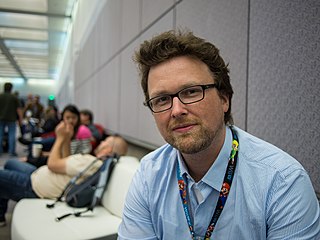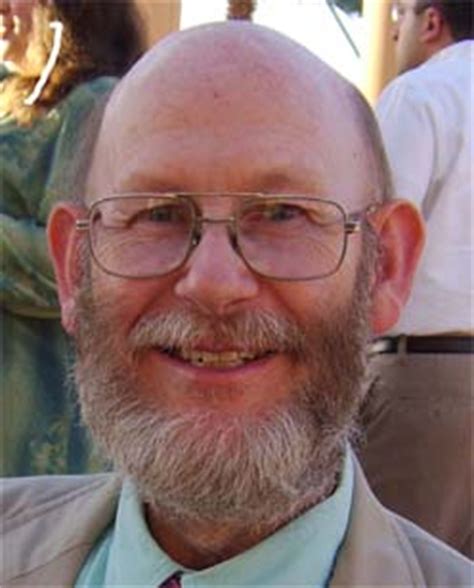A Quote by Jonathan Evison
Too many writers of fiction don't give the reader enough credit.
Related Quotes
What writers of fantasy, science fiction, and much historical fiction do for a living is different from what writers of so-called literary or other kinds of fiction do. The name of the game in F/SF/HF is creating fictional worlds and then telling particular stories set in those worlds. If you're doing it right, then the reader, coming to the end of the story, will say, "Hey, wait a minute, there are so many other stories that could be told in this universe!" And that's how we get the sprawling, coherent fictional universes that fandom is all about.
Good writing is good writing. In many ways, it’s the audience and their expectations that define a genre. A reader of literary fiction expects the writing to illuminate the human condition, some aspect of our world and our role in it. A reader of genre fiction likes that, too, as long as it doesn’t get in the way of the story.
I don't believe that fiction is dead. I know there are some people who believe that it's an outdated art form, and that to express truth today you need to work in different forms, to write books where it's perhaps not clear what's fiction and what's memoir. I have nothing against those books and love many of them very much. But we have enough space for everyone, traditional realists and hybrid writers, and experimental writers all.
Evidently, there are many great American writers. But sometimes it can feel as though American fiction is dominated by relatively linear narrative form, with a heavy emphasis on psychological realism. If you limit yourself to a certain kind of American literary fiction, it's easy to forget about the different kinds of books that are being written. You can forget to be ambitious, both as a reader and a writer.
I have a total responsibility to the reader. The reader has to trust me and never feel betrayed. There's a double standard between writers and readers. Readers can be unfaithful to writers anytime they like, but writers must never ever be unfaithful to the readers. And it's appropriate, because the writer is getting paid and the reader isn't.
Fiction is more dangerous than nonfiction because it can seduce better. I think we all know this, know that deeper truths can be approached in fiction than in fact. There are risks for the reader, because after reading certain books you find you have changed irreversibly. There are risks for writers: in China, now, and Ethiopia and other countries right now, writers face real persecution.
I'm a compulsive reader of fiction. I fell in love with novels when I was a teenager. My wife Marilyn and I... our initial friendship began because we are both readers. I've gone to sleep almost every night of my life after having read in a novel for 30 or 40 minutes. I'm a great reader of fiction and much less so of non-fiction.






































